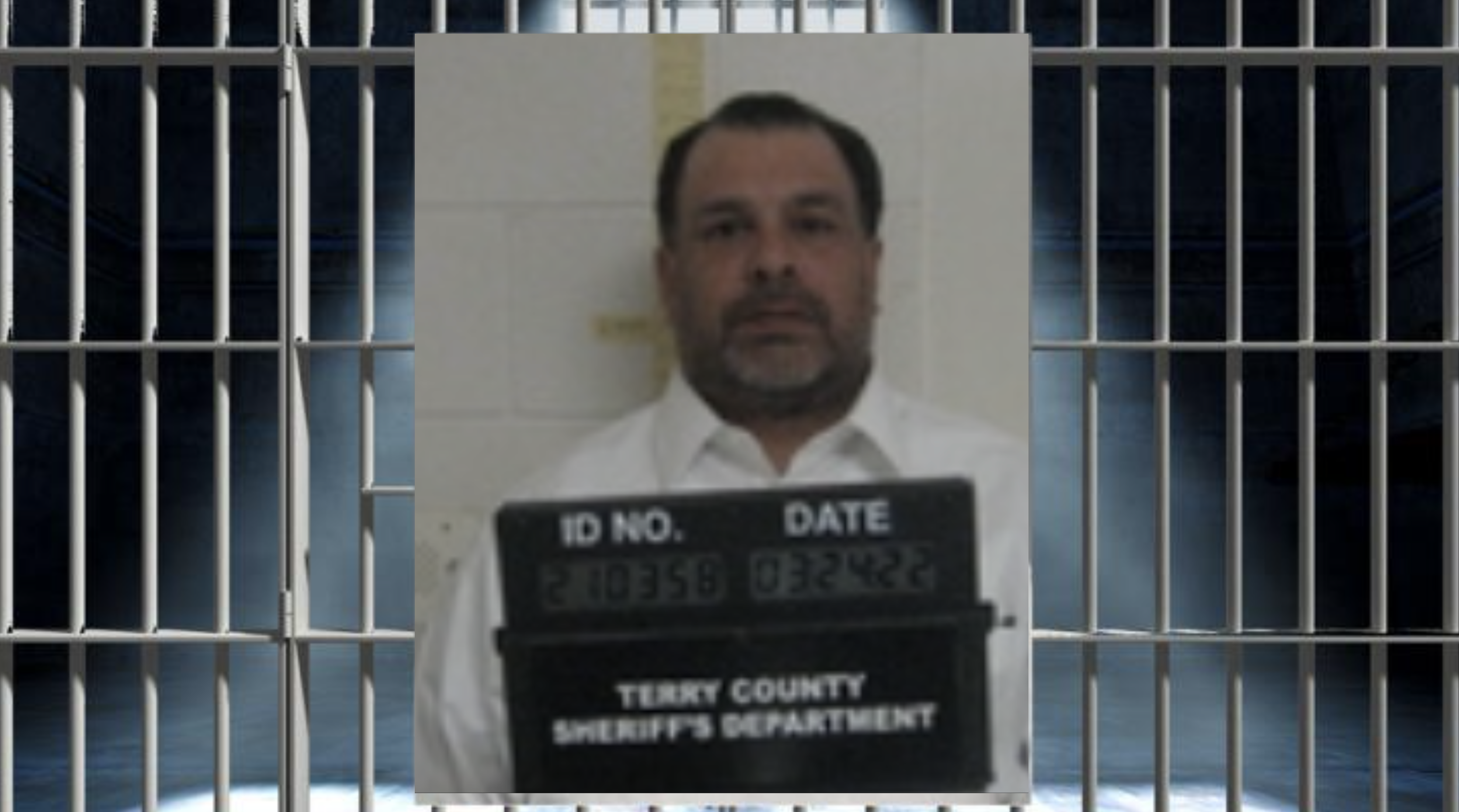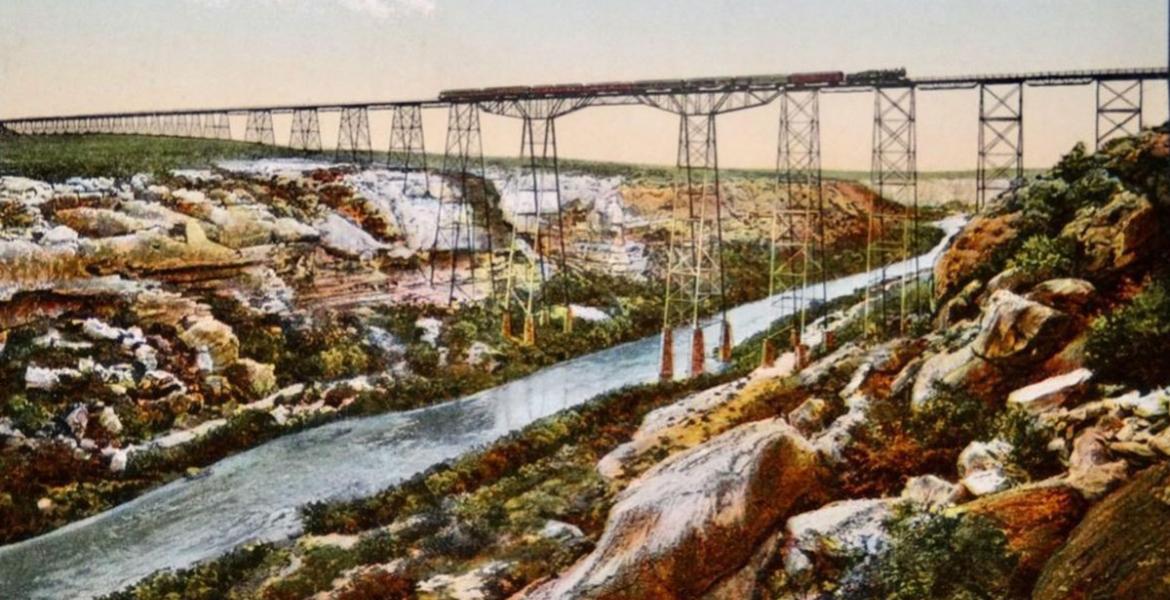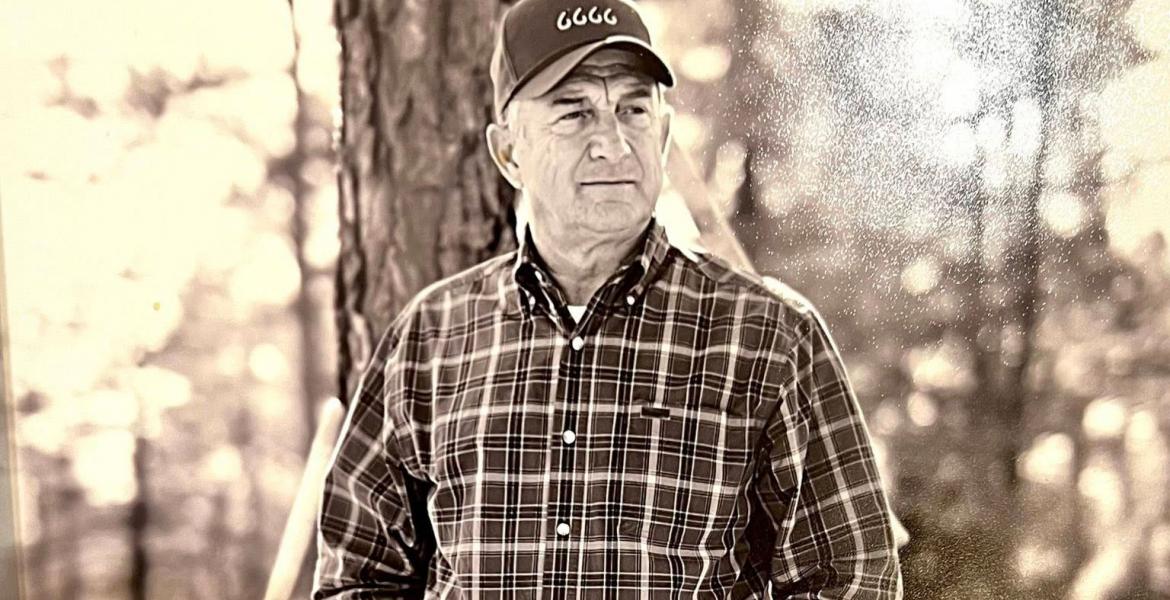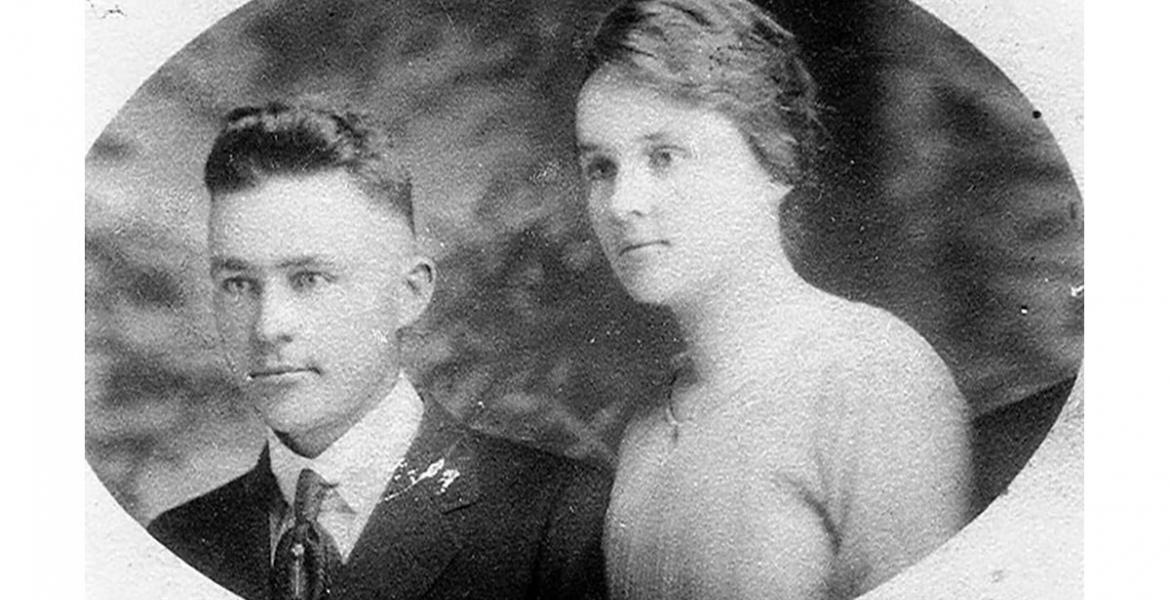OPINION — Jim Hughes was the first businessman I met in San Angelo when I arrived in late 2004. I met Hughes at his office in downtown off Twohig Avenue. He traded agricultural commodities and was very plugged into what was going on in San Angelo. He told me he had just lost an election for mayor against J.W. Lown and was still somewhat in disbelief. Despite Hughes having the support of the Good Ol' Boys, Lown had out-hustled him.
The year 2004 was unique for San Angelo. The voters had not only elected a 20-something-year-old mayor in Lown, but they had also elected a 34-year-old named Tim Vasquez as police chief. The feeling among the electorate must have been of security, and voters were comfortable enough to try new things — shiney new things. Then-Police Chief Joe Gibson had been defeated in the 2004 general election, and Vasquez faced Steve Mida in the runoff. Vasquez won.
Like Lown, Vasquez was a shiny new object compared to the dull, old lawman Gibson. He was young with dashing good looks, energizing, and presented himself with a large amount of charisma.
Vasquez’s pitch was that the police department needed more transparency. He promised to have an open door with the public.
The police department was, at the time, running under the “old ways,” Vasquez told me years ago. He wanted to modernize its approach to fighting crime. He frequently used the phrase “community policing,” as in placing a friendly face on an organization known for its cruelty. This was between the eras where both President Bill Clinton and President Barack Obama adopted “community policing” as a federal policy during their administrations.
Insofar as Vasquez, or for our current race, candidate Travis Griffith, have defined what “community policing” is to them, which is not much at all, we can glean some idea from Griffith’s utterances of what he means. He states he will mother drug addicts by diverting them from jail and instead sending them to generally under-resourced nonprofit organizations such as the Alcohol & Drug Awareness Center for the Concho Valley and reduce drug use by 20 percent, thus saving taxpayer money due to a promise of a lower crime rate. Another way to state this is managing drug problems will reduce serious crime. Griffith has also suggested that police can foster closer relationships with residents to facilitate crime solving.
The Heritage Foundation, a conservative think tank in Washington, D.C., has panned community policing policies and the money spent on them through the Clinton and Obama years as ineffective. In the 1990s, Clinton offered Delaware a $19.6 million COPS grant to enact community policing by adding to the payrolls of law enforcement agencies that would relieve police officers from desk jobs in order to get them out in the neighborhoods. Despite the money spent and payroll increases, violent crime increased across the state by 35.9 percent. Obama funded $300 million for community policing in the 2010s. Of the five cities in one of the larger Obama-era programs, only one saw a decrease in violent crime. All others witnessed the same crime rates, and one city’s violent crime increased.
The point is, the federal government has spent hundreds of millions attempting to reduce crime with community policing and has seen mixed results. Vasquez, and now Griffith, propose to enact community policing with no added budget. By the end of Vasquez's tenure, among the many issues candidate Frank Carter used against Vasquez was the increase in crime and Carter won.
Griffith's opponent Mike Hernandez proposed a more concrete policy change that doesn’t cost more money. He proposed going after “individuals methodically prowling San Angelo neighborhoods at night, checking car doors and stealing any valuables they can get their hands on.”
The Griffith community policing crowd quickly panned the idea as targeting and unconstitutional, suggesting that a person dressed in a hoodie walking through your neighborhood casing your F-150 in your own driveway for the laptop you left in the front seat overnight should have less scrutiny than a law-abiding citizen and potential victim of the next petty crime. In reality, police do have the constitutional right to request the identity of subjects with whom they come in contact. The subject isn’t always required to identify themselves if no crime is suspected. But failure to identify is, in itself, a form of identity and also a notice that police are watching.
Hernandez also proposed a crowdsourcing effort to collect video footage from privately owned security cameras for crime analysis, a benchmarked plan from Odessa and elsewhere to crack down on uninsured drivers, and a deeper dive into school security.
Speaking of community policing, we went on a ride-along with Chief Frank Carter in 2020, where he talked about the crime rate and the police budget. Carter endorsed Hernandez to carry on the tradition.
In the end, San Angelo voters’ 2004 foray into shiny new objects didn’t turn out as many had hoped. Mayor J.W. Lown eloped to Mexico to marry his boyfriend right after re-election in 2009. Tim Vasquez sits in federal prison convicted of bribery during his tenure as police chief.
Griffith fans are quick to accuse Mike Hernandez of being “Timmy 2.0.” I even heard there were T-shirts stating this. The candidate most closely resembling “Timmy” Vasquez doesn’t necessarily have to contain a “z” in his last name, but this fact is for the voters to decide.
The bigger question is, 20 years later, are the voters feeling secure enough about their police department to try something shiney and new, just like voters did in 2004?

Tim Vasquez (Contributed: Terry County Sheriff's Office)
The year 2016 was absolutely the worst police chief election. I was still trying to figure out how to position our fledgling online paper in the political realm. The lesson ended in the only annual loss San Angelo LIVE! as a company has ever suffered. By the time the Brad Goodwin vs. Carmen Dusek 391st District Judge race, Vasquez vs. Carter police chief race, and Trump concluded, I was left pulling $55,000 out of my own buttocks to cover my company’s loss. I’d rather be pinched by a police chief candidate instead. That was the year I was told by my sales guy that San Angelo political power broker and banker Mike Boyd “would never, ever support me” because I refused to endorse his judge candidate Goodwin. Multiple advertisers pulled over the Vasquez vs. Carter race. Carter had a ton of support but not from me. A large ad buy by Vasquez at the end of his unsuccessful runoff with Carter was never paid. I ate it. My conclusion was that police chief races are bad for business. I also learned that as a company, we would never, ever endorse a political candidate. Folks just don’t want to be told for whom to vote. By the way, that year my competitor, the San Angelo Standard-Times, endorsed Vasquez over Carter. No one complained, either.
About this piece:
In the wild and wacky world of police chief elections, where candidates are more hostile than a porcupine in a balloon factory, the San Angelo LIVE! Publisher Joe Hyde has taken it upon himself to pen a multi-piece exposé. This thrilling saga dives into the history of San Angelo police chief elections since the 2000s, aiming to not only entertain you but also explain why these elections are as tricky as herding cats. Reporting on them? Well, that’s a whole other rodeo, where friendships end faster than a celebrity marriage. Next, brace yourself to learn about information warfare with chemical munitions and all about the Good 'Ol Boys who want to decide this election.
- Police Chief Chronicles I: Pinched in the Buttocks
- Police Chief Chronicles II: The Smartest Guy Doesn't Always Win the Election
- Police Chief Chronicles III: How Hernandez Loses
- Police Chief Chronicles IV: Meet the Good 'Ol Boys
- Police Chief Chronicles V: Shilling for the Government
- Police Chief Chronicles VI: Chemical Munitions
- Police Chief Chronicles VII: Timmy 2.0
- Police Chief Chronicles VIII: Stolen Valor
Subscribe to the LIVE! Daily
Required






Comments
Listed By: Old Buffalo Hunter
If Mike Hernandez wanted to distance himself from Tim, why would he use Stephen McLaughlin as his Campaign Manager? Just like Tim.
Joe, you were right on the money concerning the Arc Light Saloon. Very gracious of you.
- Log in or register to post comments
PermalinkListed By: Dirty Harry
The moment I heard that Stephen McLaughlin was the campaign mgr for Mikey, I grabbed the jewels and jumped that ship!
I’d rather drown than be rescued in the company with them.
- Log in or register to post comments
PermalinkListed By: Rita Repulsa
I would like to make it clear that, to my knowledge, there was NO Masonic conspiracy involved in any part of this election. I am making this statement of my own free will and good conscience, and I am blessed for each day that I am alive... I will make no more statements regarding the Masons — a subject I am wholly unqualified to address. That is all...
- Log in or register to post comments
PermalinkPost a comment to this article here: